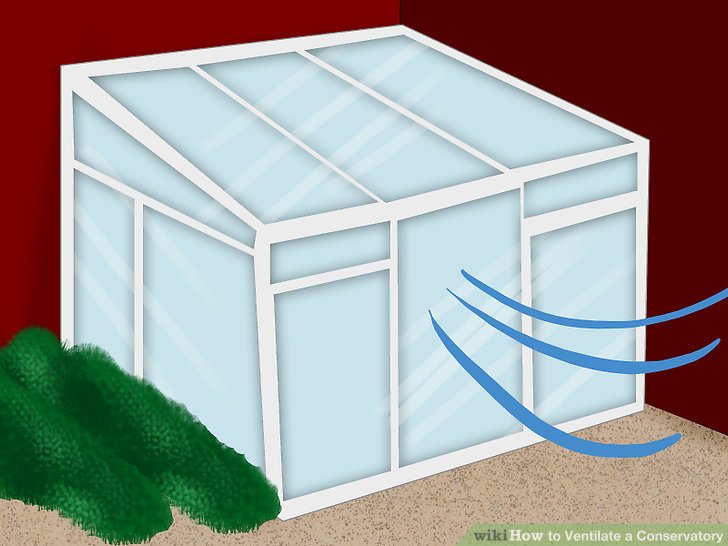
verb (used with object), ven·ti·lat·ed, ven·ti·lat·ing.
- to provide (a room, mine, etc.) with fresh air in place of air that has been used or contaminated.
- Medicine/Medical.
- to oxygenate (blood) by exposure to air in the lungs or gills.
- to assist the breathing of (a person), as with a respirator.
- (of air or wind) to circulate through or blow on, so as to cool or freshen the air of: Cool breezes ventilated the house.
- to expose to the action of air or wind: to ventilate floor timbers.
- to submit (a question, problem, etc.) to open, full examination and discussion.
- to give utterance or expression to (an opinion, complaint, etc.).
- to furnish with a vent or opening, as for the escape of air or gas.
verb (used without object), ven·ti·lat·ed, ven·ti·lat·ing.
- to give utterance or expression to one’s emotions, opinions, complaints, etc.
verb (tr)
- to drive foul air out of (an enclosed area)
- to provide with a means of airing
- to expose (a question, grievance, etc) to public examination or discussion
- physiol to oxygenate (the blood) in the capillaries of the lungs
- to winnow (grain)
mid-15c., “to blow away something” (of wind), from Latin ventilatus, past participle of ventilare “to brandish, toss in the air, winnow, fan, agitate, set in motion,” from ventulus “a breeze,” diminutive of ventus “wind” (see wind (n.1)). Original notion is of cleaning grain by tossing it in the air and letting the wind blow away the chaff. Meaning “supply a room with fresh air” first recorded 1660s (implied in ventilation). Slang sense of “shoot” (someone) is recorded from 1875. Related: Ventilated; ventilating.
 Liberal Dictionary English Dictionary
Liberal Dictionary English Dictionary